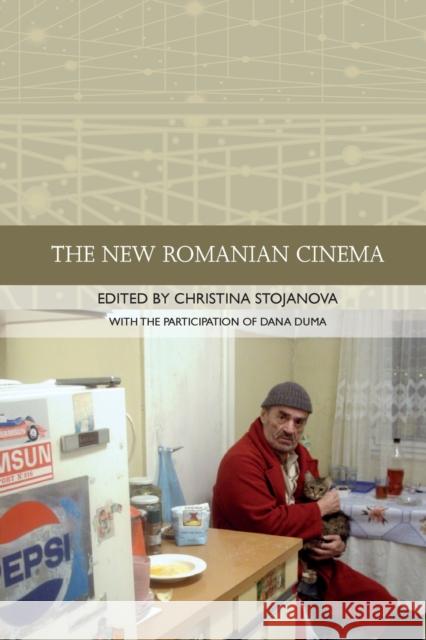The New Romanian Cinema » książka
topmenu
The New Romanian Cinema
ISBN-13: 9781474477734 / Angielski / Miękka / 2021 / 344 str.
The New Romanian Cinema
ISBN-13: 9781474477734 / Angielski / Miękka / 2021 / 344 str.
cena 146,29
(netto: 139,32 VAT: 5%)
Najniższa cena z 30 dni: 125,88
(netto: 139,32 VAT: 5%)
Najniższa cena z 30 dni: 125,88
Termin realizacji zamówienia:
ok. 22 dni roboczych.
ok. 22 dni roboczych.
Darmowa dostawa!
Kategorie:
Kategorie BISAC:
Wydawca:
Edinburgh University Press
Seria wydawnicza:
Język:
Angielski
ISBN-13:
9781474477734
Rok wydania:
2021
Dostępne języki:
Angielski
Numer serii:
000324356
Ilość stron:
344
Wymiary:
23.423.4 x 15.6
Oprawa:
Miękka
Wolumenów:
01
Dodatkowe informacje:
Bibliografia











